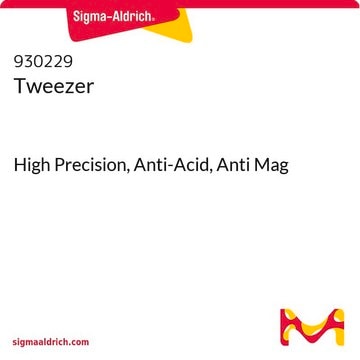Z369667
SealPlate® film
sterile
Synonym(s):
ELISA plate seals, qPCR plate seal
About This Item
Recommended Products
material
polyester film
sterility
sterile
feature
piercable: no
packaging
pack of 100 ea
manufacturer/tradename
Excel Scientific STR-SEAL-PLT
parameter
-40 to +120 °C temperature
technique(s)
ELISA: suitable
L
141 mm
W × L
7.94 cm × 14.1 cm
79.4 mm × 141 mm
W
79.4 mm
size
Up to 1536 wells
color
clear
Looking for similar products? Visit Product Comparison Guide
Related Categories
General description
Application
Legal Information
Certificates of Analysis (COA)
Search for Certificates of Analysis (COA) by entering the products Lot/Batch Number. Lot and Batch Numbers can be found on a product’s label following the words ‘Lot’ or ‘Batch’.
Already Own This Product?
Find documentation for the products that you have recently purchased in the Document Library.
Customers Also Viewed
Our team of scientists has experience in all areas of research including Life Science, Material Science, Chemical Synthesis, Chromatography, Analytical and many others.
Contact Technical Service












